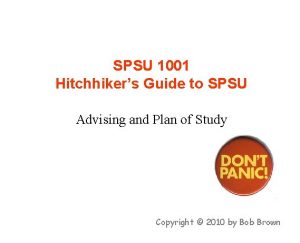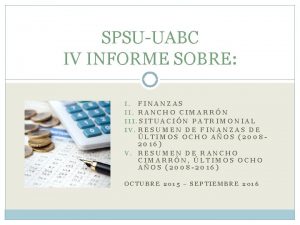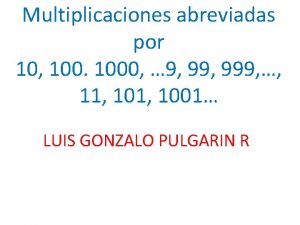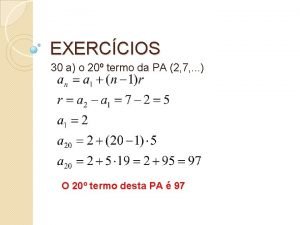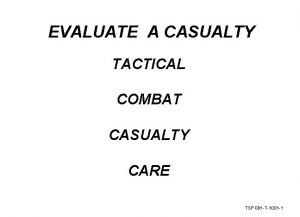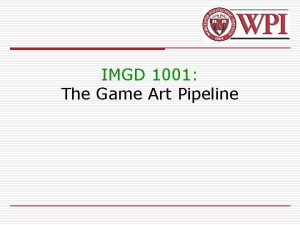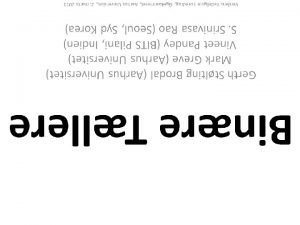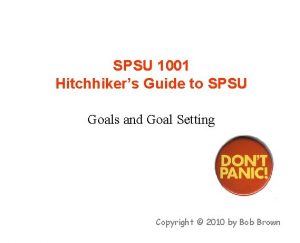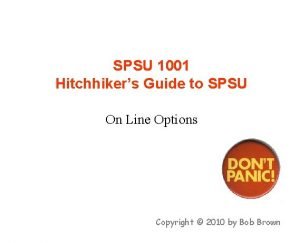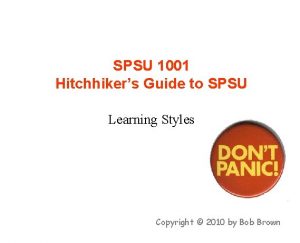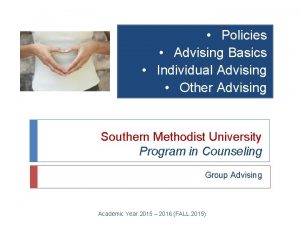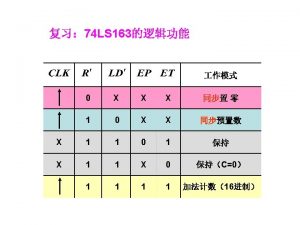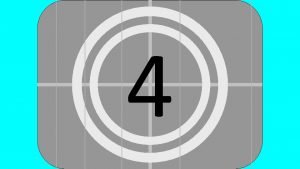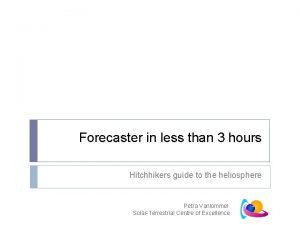SPSU 1001 Hitchhikers Guide to SPSU Advising and



















- Slides: 19

SPSU 1001 Hitchhiker’s Guide to SPSU Advising and Plan of Study Copyright © 2010 by Bob Brown

Your Academic Advisor • Someone to answer questions about navigating college, including policies and curriculum. • Someone to help you think about your future at college and in your career. • Someone who may be able to help you succeed and help when things go wrong. • Not someone to plan your course schedule for you. (That’s your job!)

You Are Responsible • Your advisor advises. • You are responsible for your academic (and other) decisions.

Who is Your Advisor? • Check BANNER. • Student services and financial aid • Registration • My Advisor • If that doesn’t work, check your department office.

Trouble! • Registration holds: • Financial • Advising • Other • Academic problems • Other problems

Tutoring • Tutoring is available to get you over rough spots: • • • English Mathematics Chemistry Physics Computer Science • The tutoring center is located in Howell Hall

Developing a Plan of Study • Goal: Plan what courses to take each semester from now until you graduate. • Why? • It will help keep you on track to graduation • You’ll be able to see progress toward the goal of graduation

Thinking About Your Schedule • Degree requirements: What courses must I take to graduate? • Prerequisites: What courses must I take in order to qualify for a course I must have? • Suggested order: Will my life be easier if I take courses in a particular order, even if they’re not prerequisites? (Your advisor can help with that. ) • When are courses offered? (Each department has a long-range schedule. Not all course are offered every term. )

About Your “Catalog” • In general, the requirements for you to graduate are those in effect when you enroll. That is, we won’t change the rules on you. • If it is to your advantage, you can elect to be evaluated under any subsequent catalog. That is, if we do something that makes things easier for you, you can change to the newer catalog. (But you cannot then change back, so be sure. )

“Losing Your Catalog” • If you change majors, you “lose your catalog” and the requirements for graduation change to those for the new major at the time you make the change. • If you are out of school for two or more consecutive terms (including summer) your requirements for graduation change to those in effect at the time you return.

Don’t Kill Yourself! • 12 semester hours is “full time. ” • For most students, 15 hours is a pretty good maximum. (That’s 12 -1/2 hours in class and perhaps 24 -28 hours outside class, or about a 40 -hour week. ) • Try not to take multiple “killer” courses in the same semester. (You have to know what kinds of courses seem hard for you. ) • Mix core and major courses. • Keep your other obligations in mind.

About the Summer Term • Summer classes can speed you on your way to graduation. • They can also help you catch up from rough spots. • However, summer is very intense. (We “do” 16 -week courses in eight weeks. ) • 6 – 8 hours is quite enough for a summer term.

Failure to Plan… • Leads to taking classes you don’t need • Because the schedule is convenient • Because a friend is taking the same class • And missing classes you do need (not all courses are offered every term, especially for upper-division classes) • You can take years longer to graduate • And perhaps run out of financial aid, so that you don’t graduate at all!

The Program Flow Sheet

Using the Flow Sheet • Check off the courses you have completed. • Check off the courses you are currently taking. • Using the prerequisite information and the long-range schedules, plan your courses for Fall semester, 2012. Write “F 12” by those courses on the flow sheet. • Now you know where you expect to be at the end of Fall, 2012!

Finishing Your Plan of Study • With Spring term planned, you can plan for Spring, 2013. • Plan semesters one at a time until all the blocks are filled in. This is your plan of study and your roadmap to graduation.

Is this Set in Stone? (No) • You may not complete the courses exactly as you plan them. • Long-range schedules can change. • Planned courses may be offered at conflicting times. • So, every term, verify that the next term can go according to plan. Adjust as necessary. (And see your advisor. ) • You will always have a current roadmap to graduation!

Homework • Check over the undergraduate student advising page: http: //www. spsu. edu/home/academics/stud entadvising. html • Complete a plan of study leading to graduation. • Find out who your advisor is, make an appointment, and get your plan of study initialed.

Questions
 Hitchikers thumb
Hitchikers thumb Moodle.spsu
Moodle.spsu Rancho cimarron uabc
Rancho cimarron uabc Spsunet
Spsunet Hasil konversi bilangan biner 1001
Hasil konversi bilangan biner 1001 Rtd/atu 1001 pension plan
Rtd/atu 1001 pension plan Multiplicacion abreviada por 10 100 y 1000 para niños
Multiplicacion abreviada por 10 100 y 1000 para niños 1001 game
1001 game Types of terrain features
Types of terrain features Nfpa 1001 skill sheets
Nfpa 1001 skill sheets Considere todos os numeros inteiros entre 101 e 1001
Considere todos os numeros inteiros entre 101 e 1001 081-com-1001
081-com-1001 1001 stars
1001 stars 1001 game
1001 game 1001 pennies answer
1001 pennies answer 0001 1111
0001 1111 011 101 110
011 101 110 Blinde darm operatie
Blinde darm operatie Mealy sequence detector 1001
Mealy sequence detector 1001

